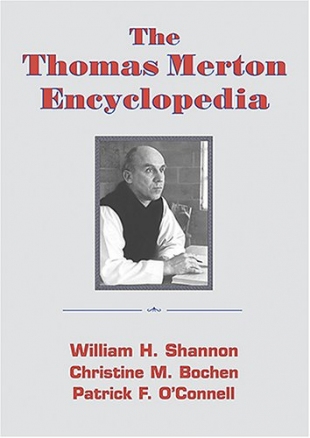"The heart is 'the root and the source of all one's own inner truth' (Contemplative Prayer, 22); it is used to refer to 'the deepest psychological ground of one's personality,' where one encounters not merely one's inner self but the 'Abyss of the unknown yet present,' who can be described in Augustine's terms as the one 'more intimate to us than we are to ourselves' (38) . . . Genuine monastic formation is 'education of the heart,' a rediscovery of the affirmation and acceptance of God that is the innermost truth of one's being, a recognition Christianity shares, Merton says, with Sufism and the Hasidic tradition of Judaism. 'Deep in our hearts is the most profound meaning of our personality, which is that we say "yes" to God, and the spark is always there. All we need to do is to turn towards it and let it become a flame.'(Thomas Merton in Alaska, 153-154). This reawakening of contact with one's own heart is at the same time an experience of being plunged into the heart of the world, becoming aware of 'the deepest and most neglected voices that proceed from its inner depth' (Contemplative Prayer, 25), as Merton himself experienced most notably in his 'Fourth and Walnut' experience, when he was able to identify with the people around him, 'as if I suddenly saw the secret beauty of their hearts, the depths of their hearts where neither sin nor desire nor self-knowledge can reach, the core of their reality, the person that each one is in God's eyes" (Guilty Bystander, 142)."
— Patrick F. O. Connell
The Thomas Merton Encyclopedia
Patrick F. O'Connell on Thomas Merton's take on the heart, or on kindness.
